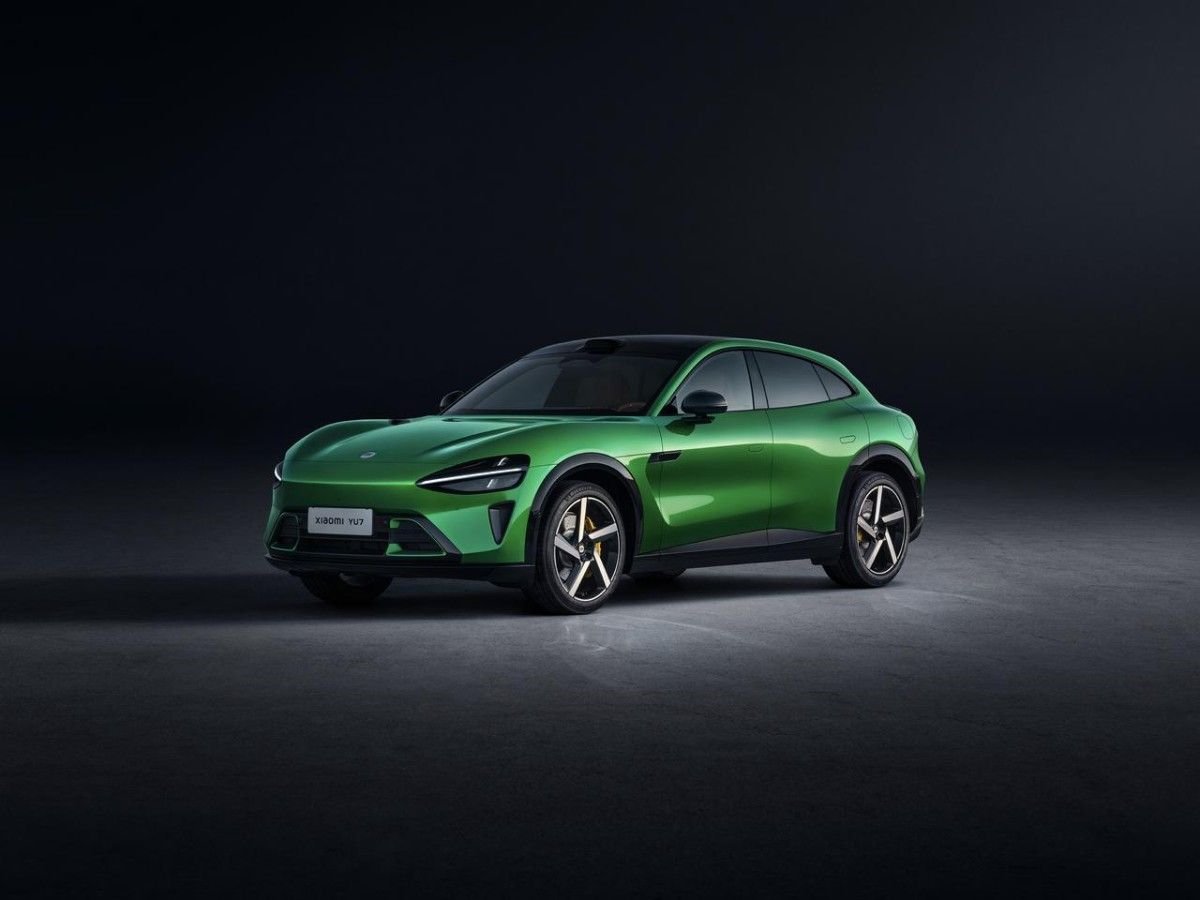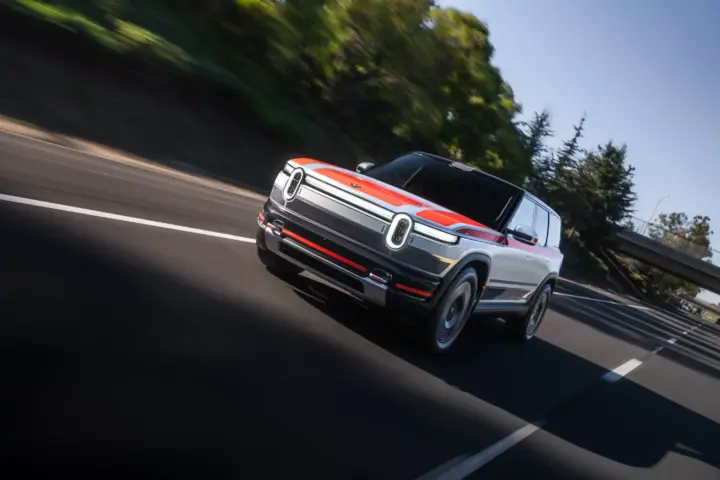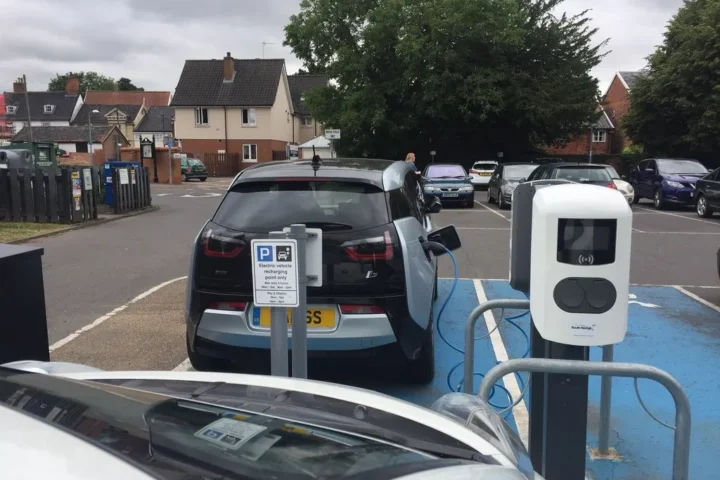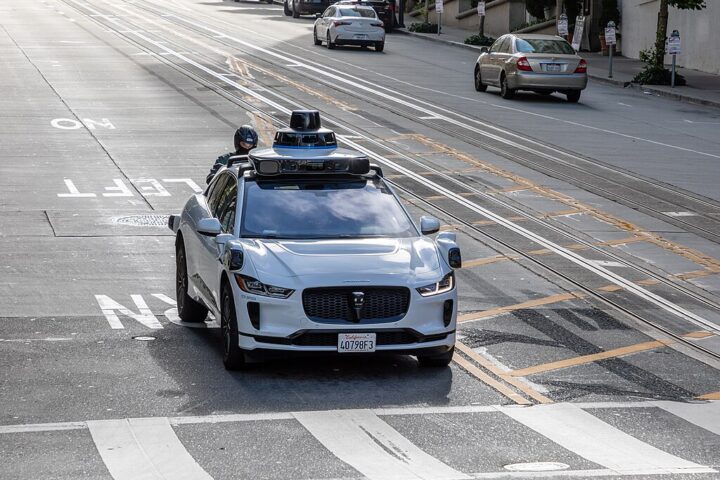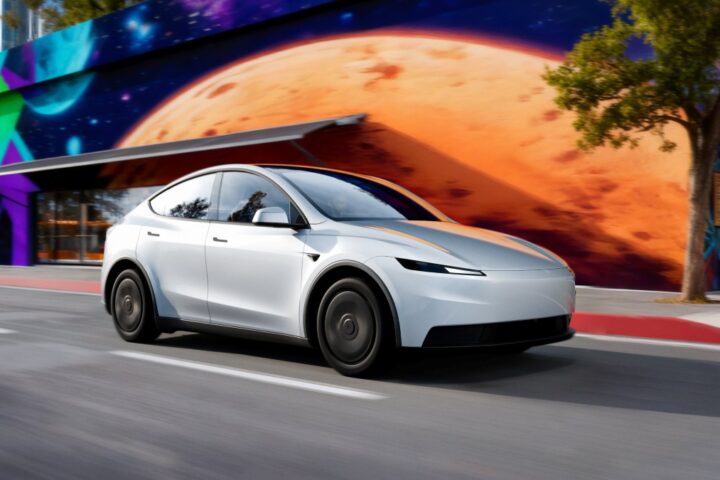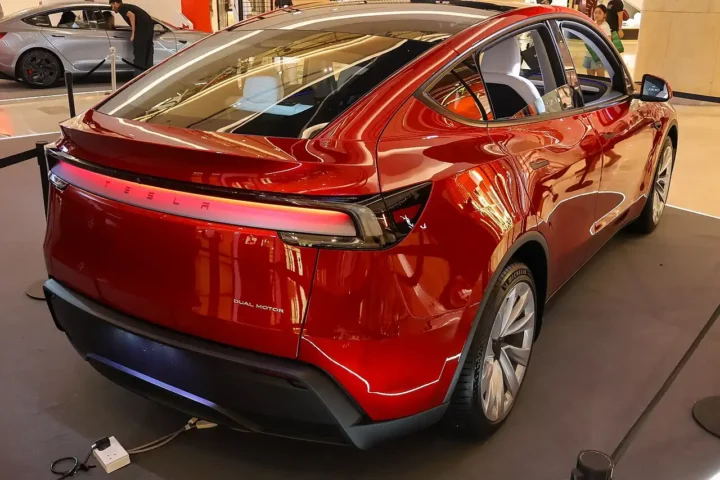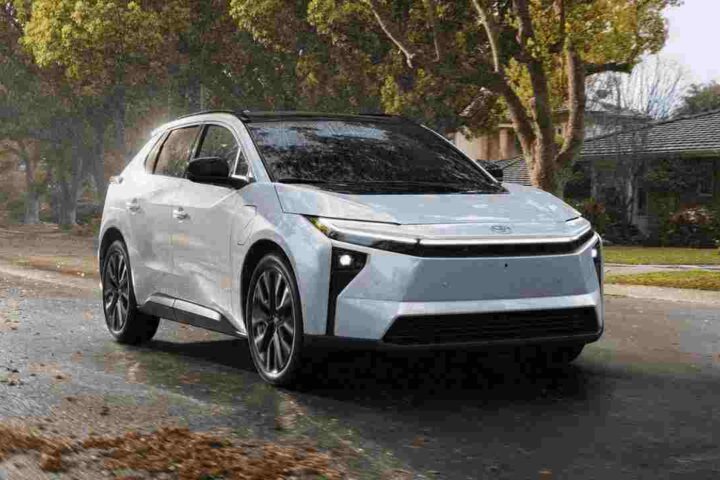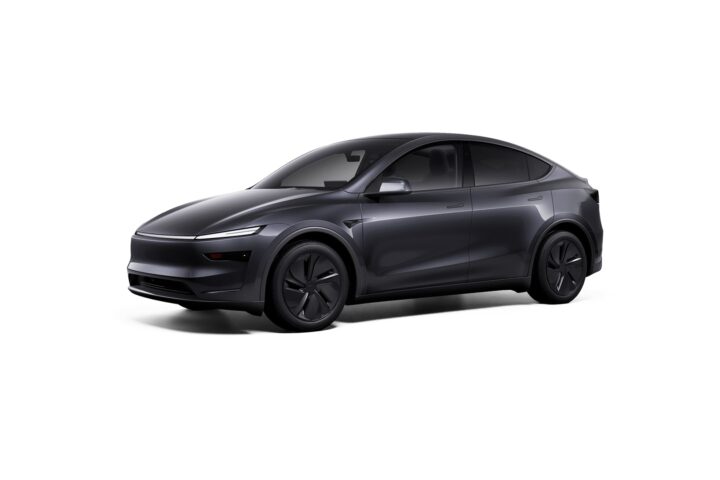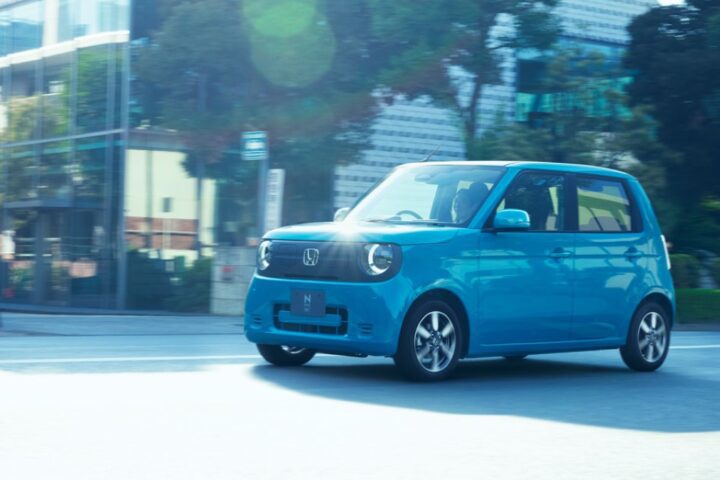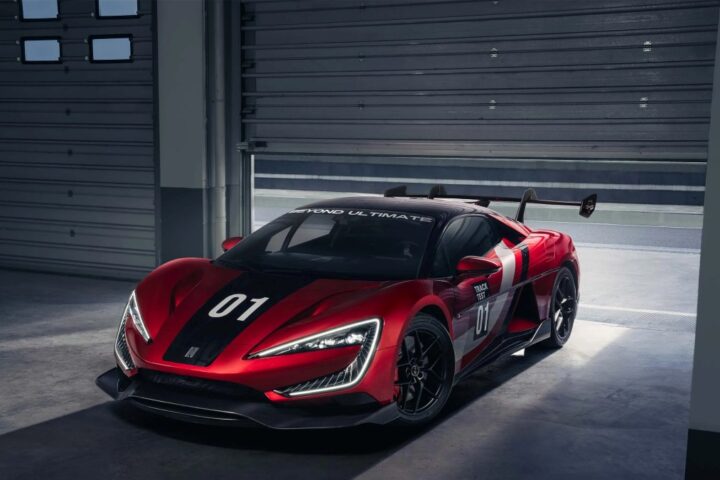Xiaomi’s new electric SUV promises longer range and cutting-edge features in high-stakes showdown
Xiaomi unveiled its highly anticipated YU7 electric SUV in China this week, positioning it as a direct competitor to Tesla’s best-selling Model Y. The tech giant’s second electric vehicle will hit the market in July 2025, though pricing details remain under wraps until then.
The YU7 follows Xiaomi’s successful SU7 sedan, which has sold over 258,000 units since its March 2024 launch. This rapid success has helped Xiaomi outperform some established players like Ford and GM in terms of EV sales within China.
Range advantage over Tesla
Xiaomi CEO Lei Jun emphasized range as a key selling point during the unveiling event. The entry-level YU7 boasts an impressive 835 km (519 miles) of range on a single charge using a 96.3 kWh battery. This significantly outperforms Tesla’s refreshed Model Y, which offers up to 719 km of range.
The YU7 comes in three versions: Standard (rear-wheel drive), Pro and Max (both all-wheel drive). Even the performance-focused AWD models maintain competitive ranges of 760 km and 770 km respectively.
“Range is the number one consideration for EV buyers,” Lei Jun said during the presentation, highlighting Xiaomi’s focus on addressing a primary consumer concern.
Fast charging capabilities
The YU7 uses an advanced 800-volt architecture that enables extremely fast charging. The system can charge from 10% to 80% in just 12 minutes, adding up to 620 km (385 miles) of range in only 15 minutes. This rapid charging feature addresses a common pain point for electric vehicle owners – long charging times during trips.
Performance specs challenge luxury competitors
The high-performance YU7 Max variant features dual motors producing 681 horsepower and can accelerate from 0-100 km/h (0-62 mph) in just 3.23 seconds. It reaches a top speed of 253 km/h (157 mph).
These specifications put the YU7 in direct competition with premium electric SUVs like the Tesla Model Y Performance and potentially the Porsche Macan EV.
Similar Posts
Advanced technology focus
Xiaomi leverages its tech expertise in the YU7, equipping it with NVIDIA’s powerful Drive AGX Thor computing platform that delivers 700 TOPS of computing power for its driver assistance systems.
The vehicle features an innovative “HyperVision Panoramic Display” – a 1.1-meter ultra-wide screen using Mini LED technology with high resolution and 1,200 nits of brightness. This system creates what Xiaomi calls an “aircraft cockpit experience” for drivers.
Safety features include LiDAR, 4D millimeter-wave radar, 11 high-definition cameras, and 12 ultrasonic sensors – standard across all YU7 models.
Pricing strategy hints
While specific pricing wasn’t announced, Lei Jun indicated the YU7 might cost more than Tesla’s Model Y, which starts at 263,500 yuan ($36,574) in China.
“The Model Y is priced from 263,500 yuan and these (YU7) configurations should make the car 60,000-70,000 yuan more expensive,” Lei said. “But we’ll talk about the price in July.”
Challenges amid growth
Xiaomi’s EV division faces some headwinds despite its initial success. New orders for its SU7 sedan reportedly declined following a fatal highway crash in March 2025 involving a vehicle using driver-assistance features. The company also faced complaints about misleading advertising, for which it later apologized.
Global ambitions
While focused on the Chinese market initially, Xiaomi has showcased its electric vehicles at international events like Mobile World Congress 2025. Lei Jun has projected global expansion for Xiaomi’s EVs by 2027.

The YU7’s launch represents a significant milestone in Xiaomi’s automotive journey, which began in 2021 with a committed investment of $10 billion over ten years. The company operates a manufacturing plant in Beijing’s Economic and Technological Development Zone and acquired independent car-making qualifications in July 2024.
As July approaches, all eyes will be on Xiaomi’s pricing announcement to see how aggressively it plans to challenge Tesla’s dominance in the world’s largest electric vehicle market.
